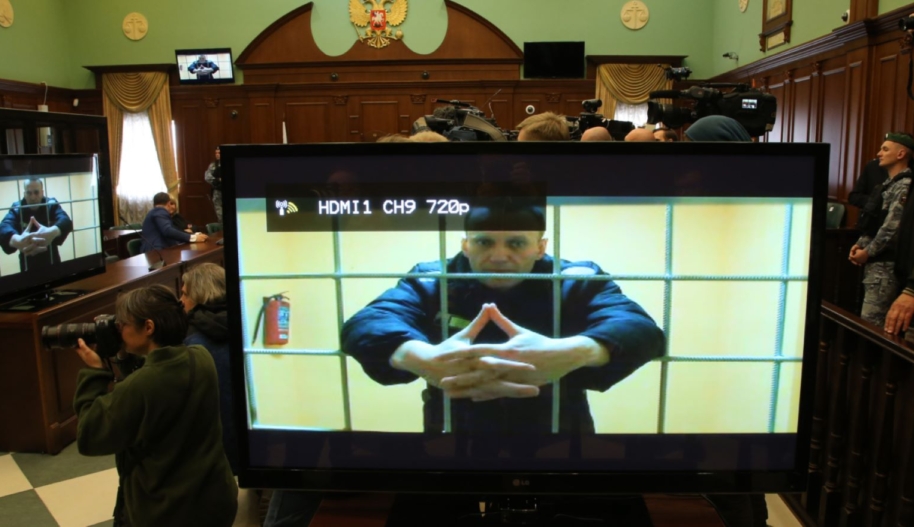Responding to the news that Aleksei Navalny, prominent Russian opposition political activist and prisoner of conscience, is no longer officially listed in the penal colony where he was serving an unjust 19-year jail sentence and that his fate and whereabouts are now unknown Denis Krivosheev, Amnesty International’s Eastern Europe and Central Asia Deputy Director, said:
“As if attempted poisoning, imprisonment and inhumane conditions of detention were not enough, Aleksei Navalny may now have been subjected to an enforced disappearance. In its resolve to suppress its critics, the Kremlin will stop at nothing.”
As if attempted poisoning, imprisonment and inhumane conditions of detention were not enough, Aleksei Navalny may now have been subjected to an enforced disappearance. In its resolve to suppress its critics, the Kremlin will stop at nothing
Denis Krivosheev, Amnesty International’s Eastern Europe and Central Asia Deputy Director
The Russian authorities have refused to provide any information about the fate and whereabouts of Aleksei Navalny since his lawyers last heard of him on 5 December. While there is a possibility that he may be in transit to another prison colony, which Amnesty International has documented as one of the most cruel and inhuman practices the Russian authorities have reserved for prisoners, they have an obligation to promptly make available the information about all prisoner transfers. However, prisoner transfers in Russia can last weeks without any information provided to the prisoner’s relatives, and nearly always put inmates’ health and well-being at risk as they are exposed to mistreatment and harassment.
“Navalny has already been placed in conditions amounting to torture and other forms of ill-treatment during the period that he has been in custody, and this situation only increases the risks he faces. He has been unjustly assigned to the absolute strictest regime of detention possible, has been held in prolonged solitary confinement for long periods of time, and his health has been deteriorating. The persecution of Aleksei Navalny is politically motivated, a retribution for his peaceful political activism. He is a prisoner of conscience and must be released immediately and unconditionally. The Russian authorities must urgently disclose his fate and whereabouts immediately,” said Denis Krivosheev.
Background on Aleksei Navalny’s whereabouts
On the evening of 11 December, officials at the penal colony IK-6 in Melekhovo, Vladimir region (about 250 km east of Moscow), informed Aleksei Navalny’s lawyer that the prisoner was no longer listed in the institution. Navalny’s press secretary, Kira Yarmysh, stated that they refused to disclose his new location. Aleksei Navalny was expected to connect via video link to court hearings on his claim against the colony relating to his conditions of detention, but this has not happened since 7 December, allegedly due to an electrical breakdown.
Earlier this month, Aleksei Navalny was due to be transferred to the “unified penal confinement cell” for 12 months, the most severe long-term disciplinary measure possible in the Russian penal system, due to his purported violations of prison rules. Concerns about his health persist. The harsh prolonged solitary confinement and failure to provide adequate healthcare amount to torture or other ill-treatment.
Top image: Russian opposition politician, anti-corruption campaigner and founder of the Anti-Corruption Foundation (FBK), Alexey Navalny is seen on the screen during his legal appeal against his nine-year prison sentence, in Moscow’s City Court, on May 24, 2022, in Moscow, Russia. Appeal of Kremlin critic Navalny was rejected by the court on Tuesday. Photo by Contributor/Getty Images.













